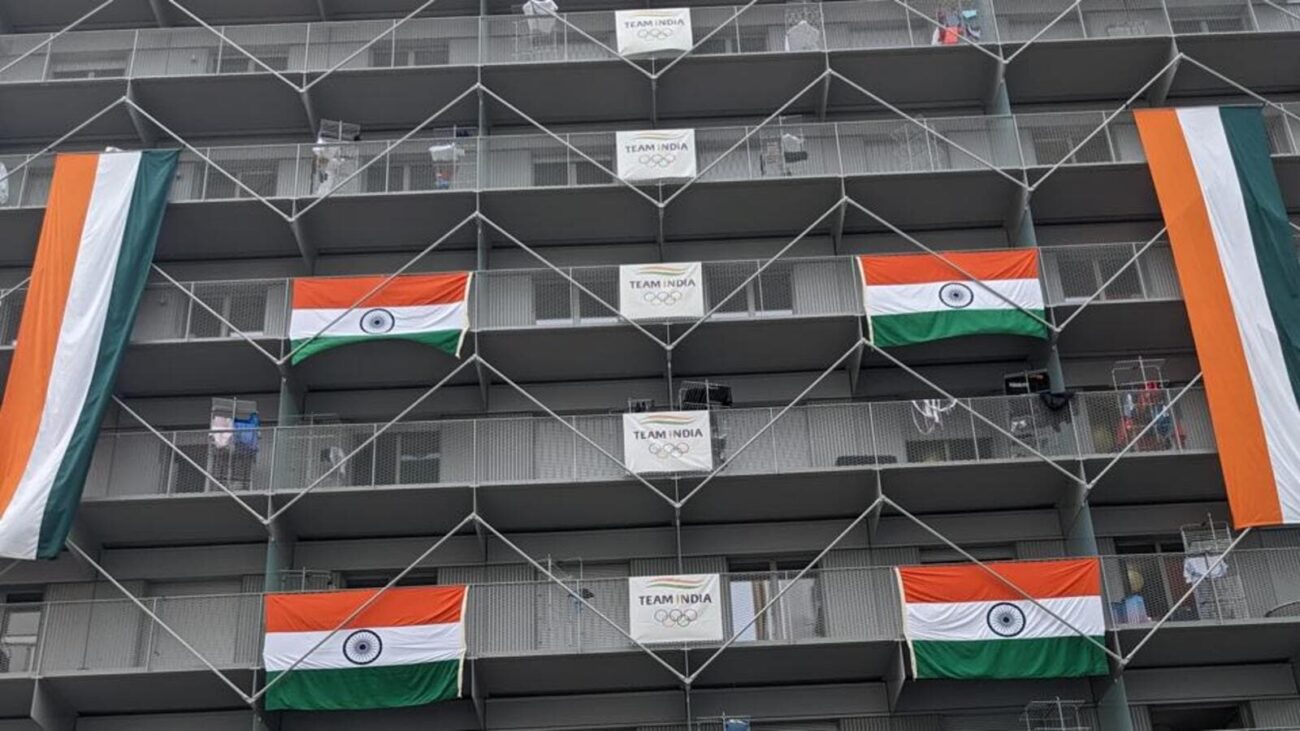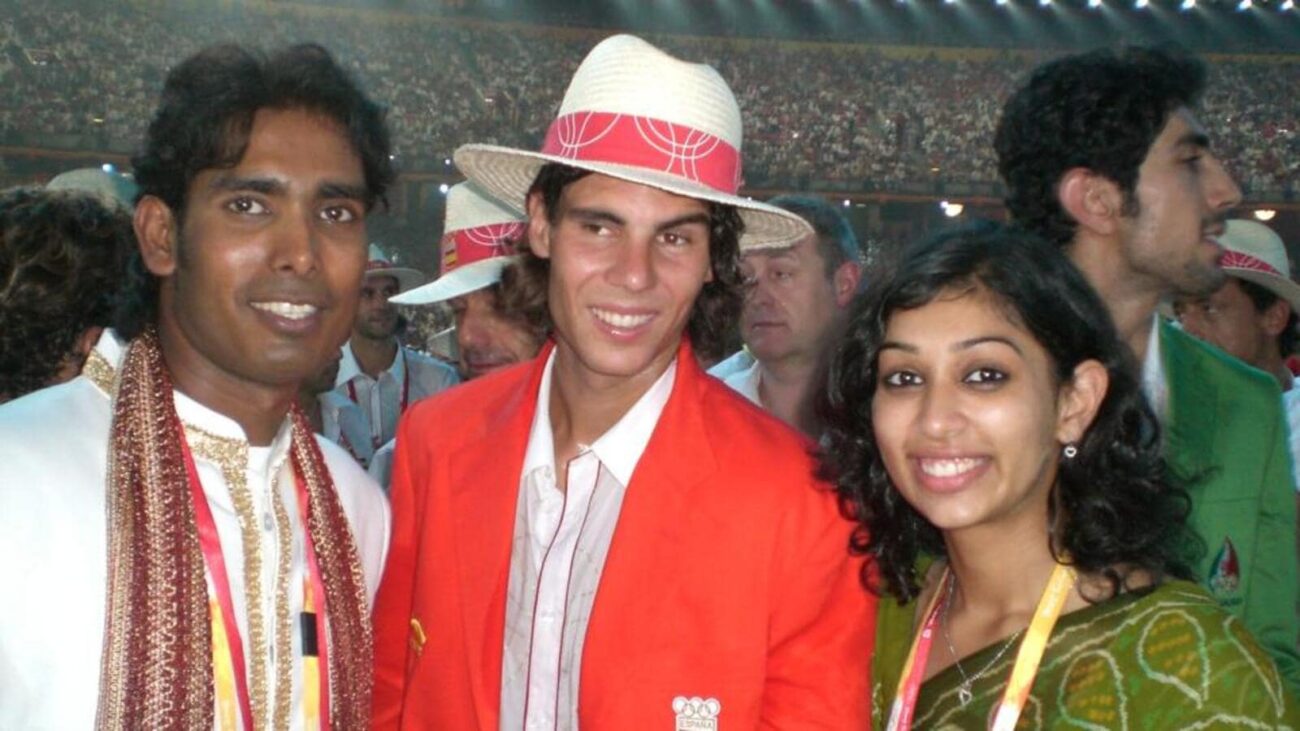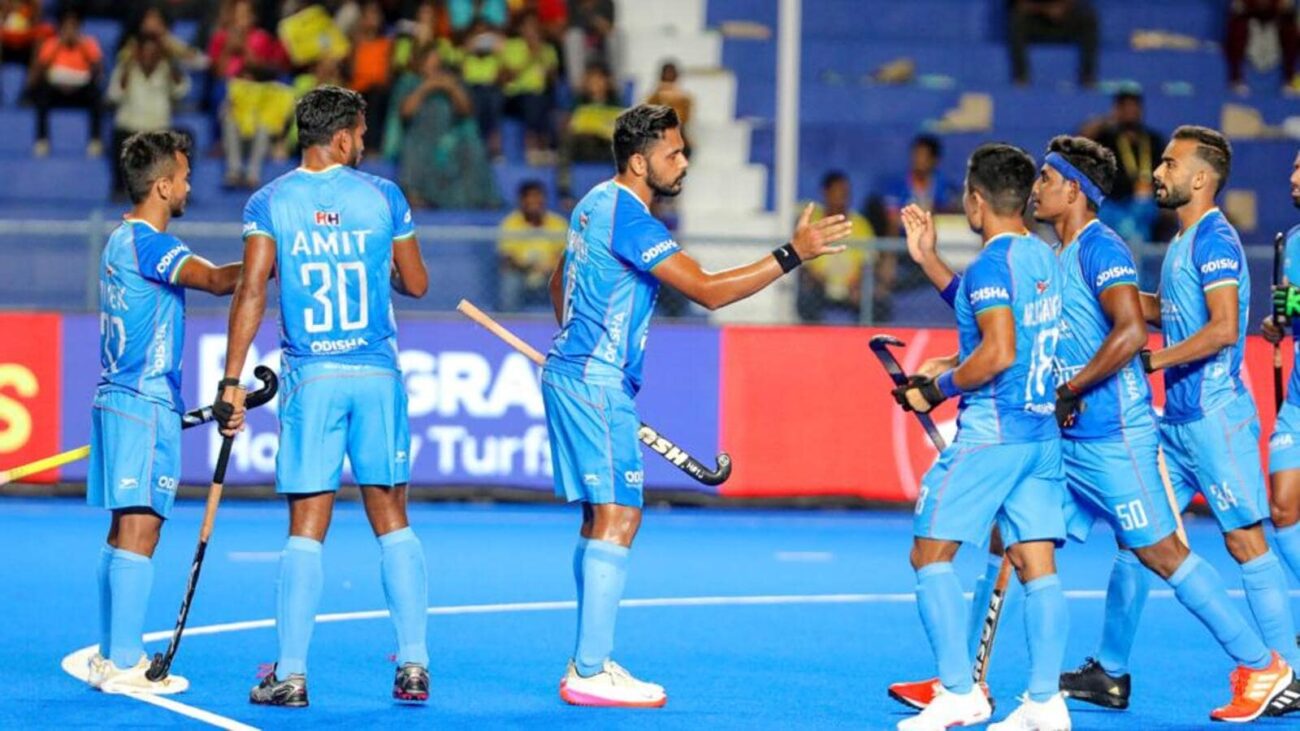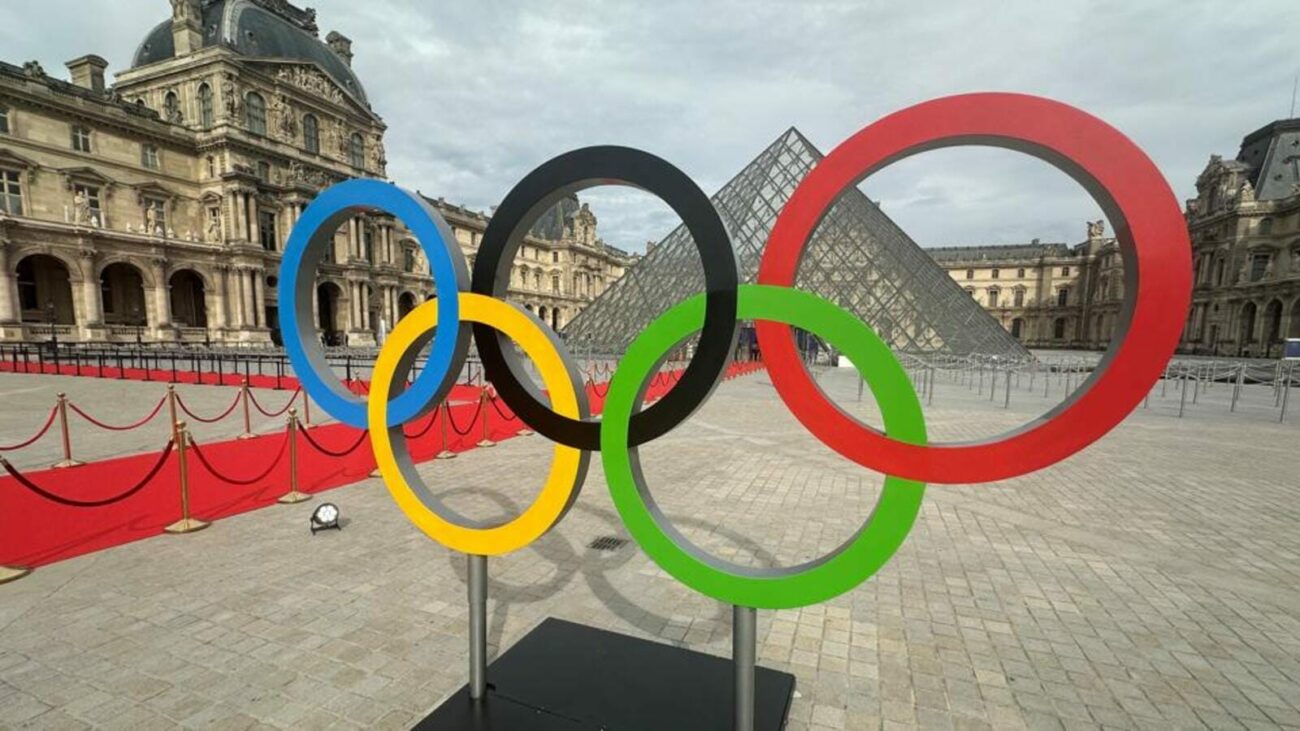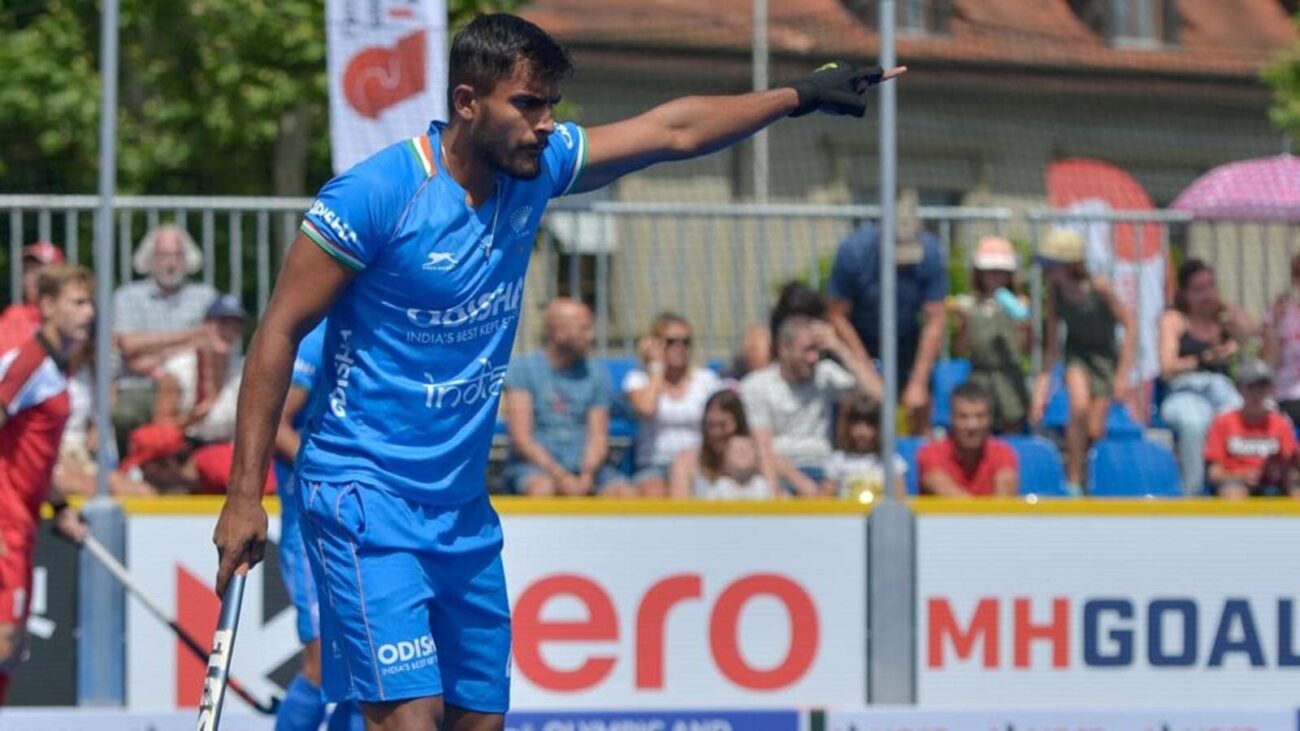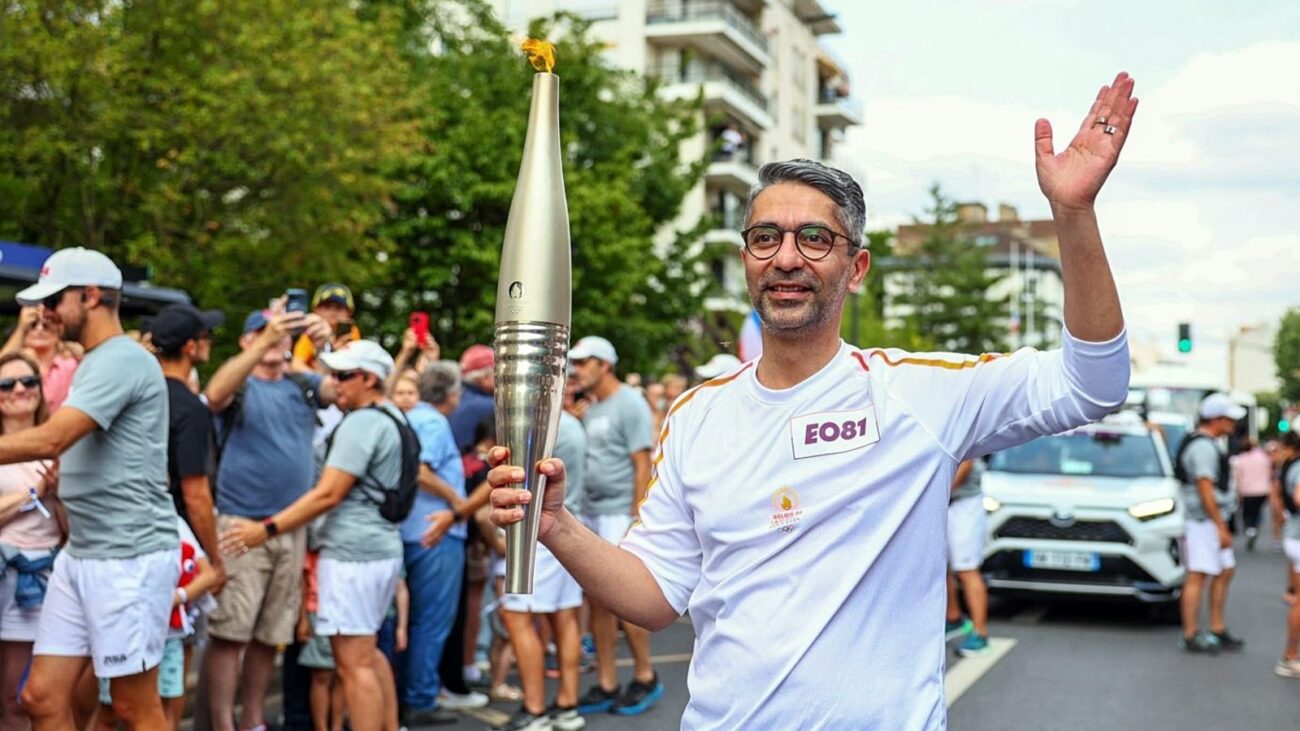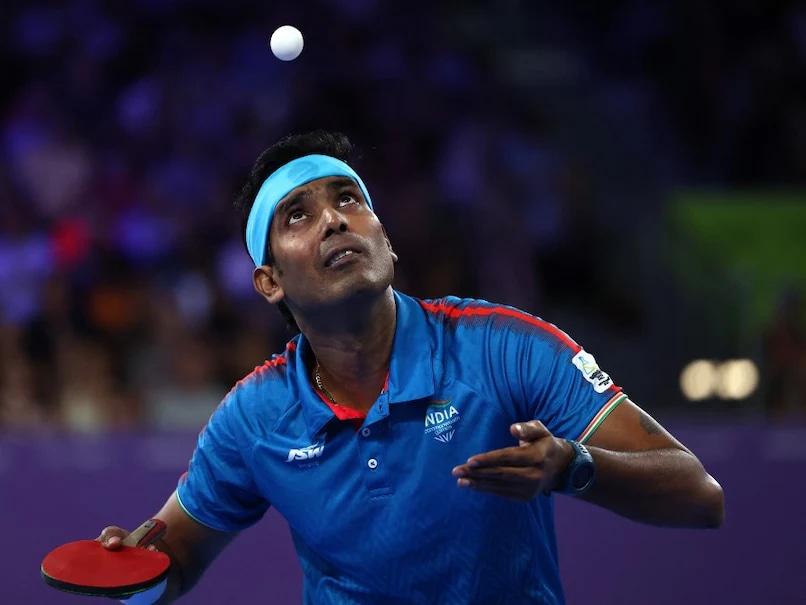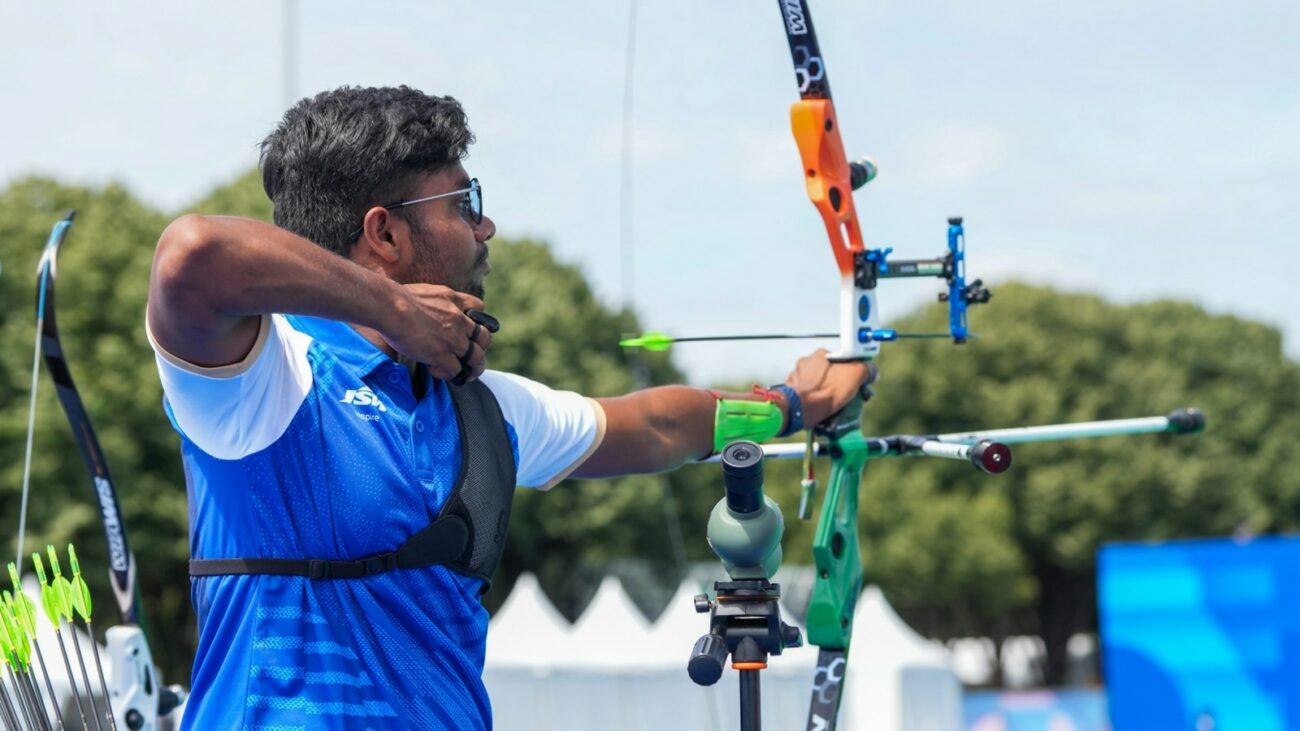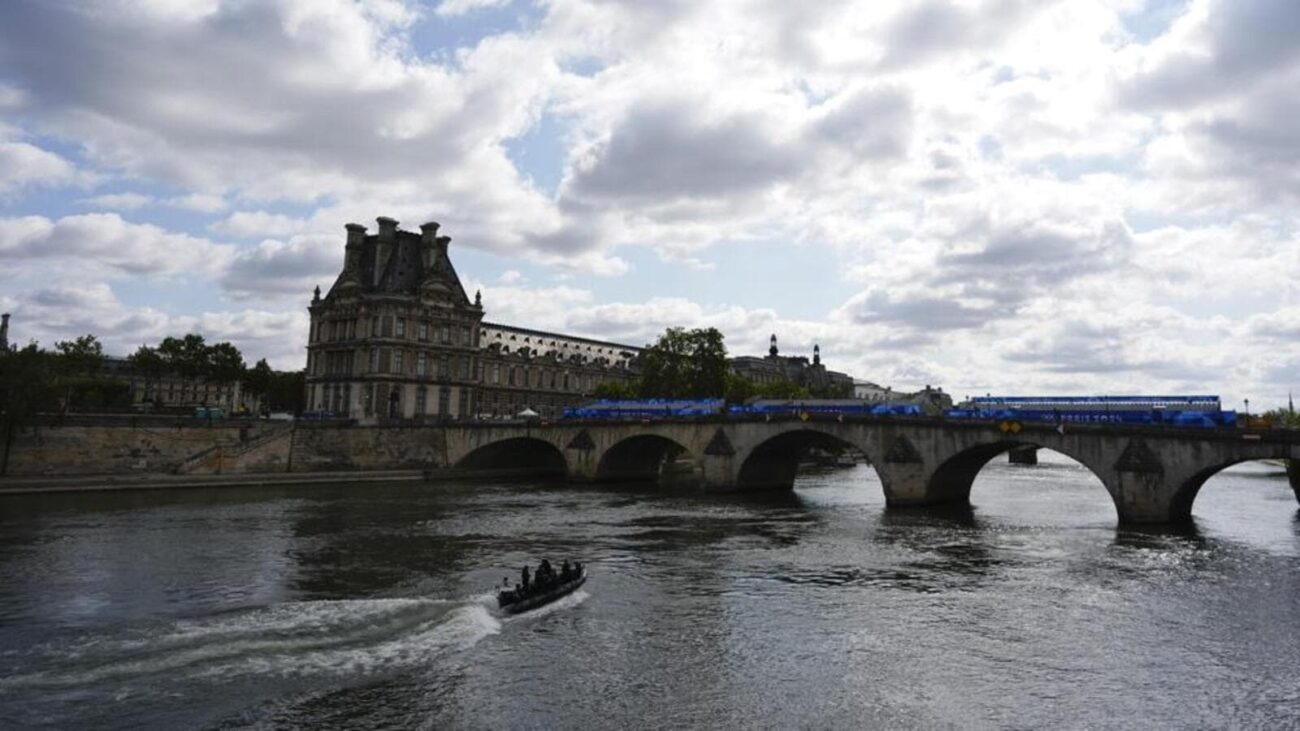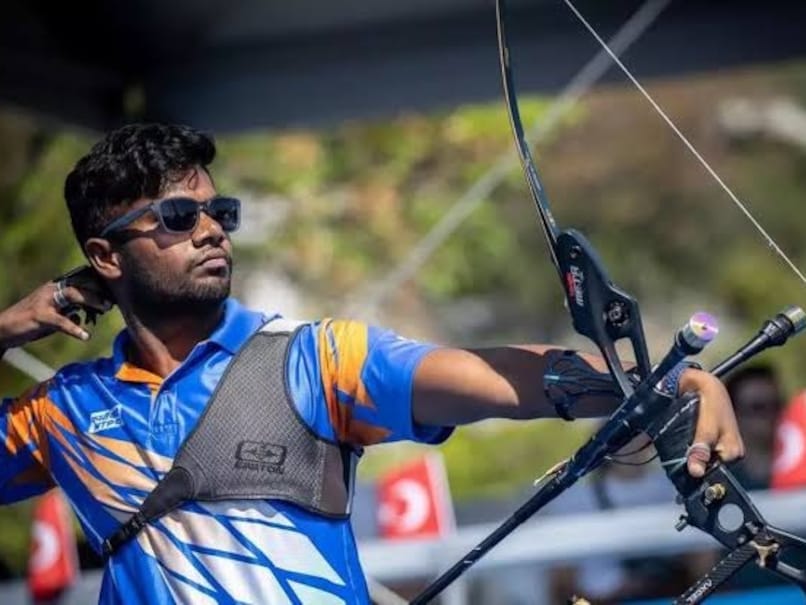Paris 2024: Sustainability and Innovation Take Center Stage
Before the commencement of every Olympic Games, the host city faces criticism from the English-speaking world. Athens was deemed unprepared, Beijing’s air quality was questioned, Rio was plagued by Zika and crime, and Tokyo’s Covid bubble raised concerns. However, the pre-Games issues for Paris 2024 appear to be more about sustainability and innovation than infrastructure or safety.
Paris 2024 aims to be the greenest, most sustainable, and most gender-equal Olympics ever. It seeks to challenge the traditional model of gigantism and extravagance by focusing on local entrepreneurship and social impact. The Athletes Village will not have air conditioning, relying instead on geothermal cooling, which has drawn criticism from some countries.
Despite the pushback, Paris 2024 has remained committed to its sustainability goals. It has launched the ESS2024 Solidarity Platform, which distributes contracts to local businesses committed to sustainability and urban renewal. Over 460 local businesses have been signed up for construction, catering, and other services.
The Games will also feature innovative initiatives, such as chairs made from recycled plastic waste and a permanent Olympic Acquatic Centre that will become a public swimming facility after the Games. Nobel laureate Muhammad Yunus has advised Paris 2024 on its social mission, emphasizing the power of sport to address global crises such as climate change, inequality, and unemployment.
Paris 2024’s commitment to sustainability and innovation has drawn praise from some quarters, who believe it could set a new benchmark for future Games. However, it has also faced criticism from those who prioritize athlete comfort and performance over environmental concerns.

